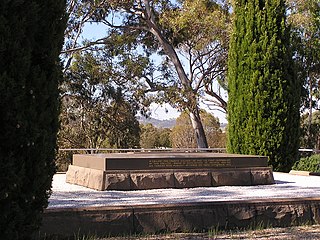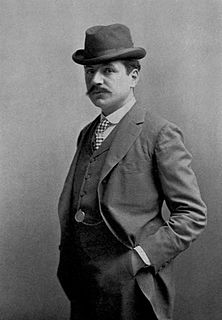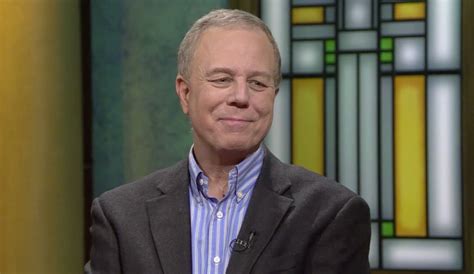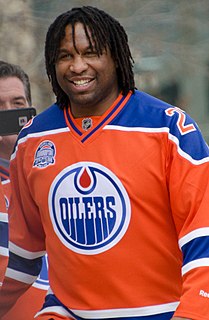A Quote by Frank Miller
You can't have virtue without sin. What I'm after is having my characters' virtues defined by how they operate in a very sinful environment. That's how you test people.
Related Quotes
Economics should be defined in terms of what it is about. It should be about how people produce things, how people exchange them, how people earn income, how they pay taxes, how the government provides infrastructure with tax revenue, and how it conducts monetary policy. The subject has to be defined in terms of the object of inquiry.
We tend to speak of sin in very personal and individual terms. Jeremiah does not downplay that, but he also sees how a whole society can be bound up in the tentacles of sin, in the assumptions that everybody around you makes, about how it becomes easier to sin than not to, and how we can become so confused and contradictory in our reactions, when sin is pointed out.
By Allah, whenever I endure any adversity I gain four blessings of Allah in exchange. The first of them is, when the adversity is not caused by my sin (virtue is earned). The second, when the adversity is not greater than my sin (virtue is earned). The third, when I am not deprived of contentment (virtue is earned). And the fourth, I hope for virtues thereby.
Many times people ask me, "What is sin and what is virtue? And how to decide?" If you decide your decision will be wrong. If you choose you will be wrong. All choice is wrong. There is no way to decide. There is no need to decide what is sin and what is virtue. You only need a transparent mind, a clarity, a thoughtless mind, a no-mind, a mirror-like consciousness. In that consciousness WHATSOEVER HAPPENS is virtue. In that consciousness WHATSOEVER CANNOT HAPPEN is sin.
Father God, thank You for having no condemnation for those who are in Christ Jesus, because through Christ Jesus the law of the Spirit of life set me free from the law of sin and death. For what the law was powerless to do in that it was weakened by the sinful nature, You did by sending Your own Son in the likeness of sinful man to be a sin offering. (Rom. 8:1-3) Help me to understand that the loving chastisement that might come to me after I have rebelled against You is only in the purest Father's love and is never to be confused with condemnation. (Heb. 12:6)
To say that a man is sinful because he sins is to give an operational definition of sin. To say that he sins because he is sinful is to trace his behavior to a supposed inner trait. But whether or not a person engages in the kind of behavior called sinful depends upon circumstances which are not mentioned in either question. The sin assigned as an inner possession (the sin a person "knows") is to be found in a history of reinforcement.
At Lacoste, I learned how to drive in a very conservative environment. I had to learn how to do politics, how to talk, how to explain, and how to communicate a vision, and the necessary link between marketing and creative teams. Also, very important, the shop experience, which was actually very frustrating at Lacoste.







































